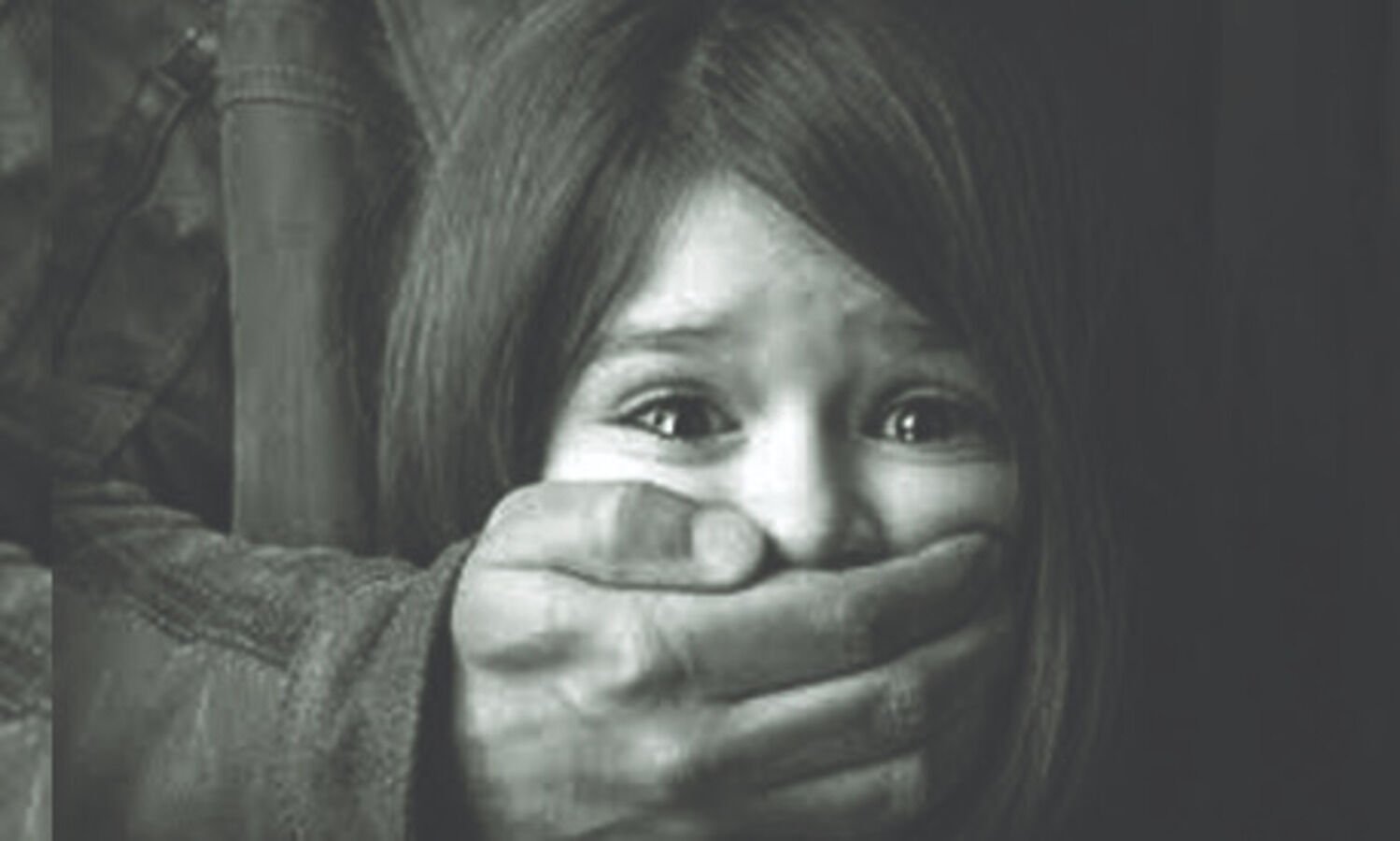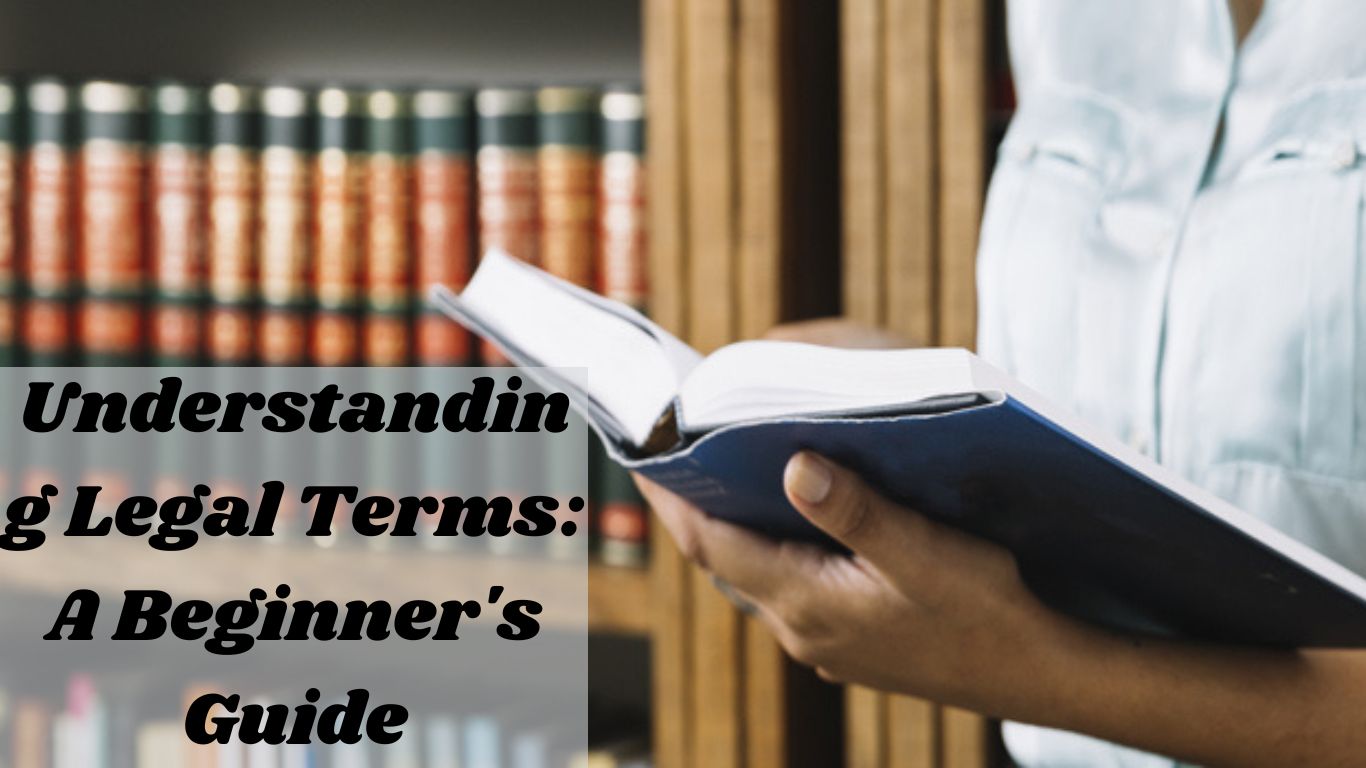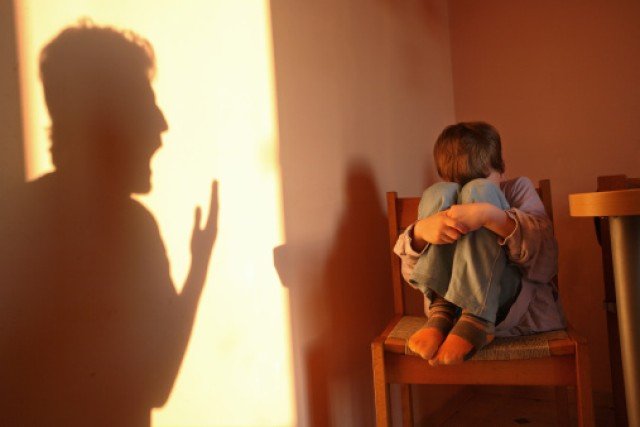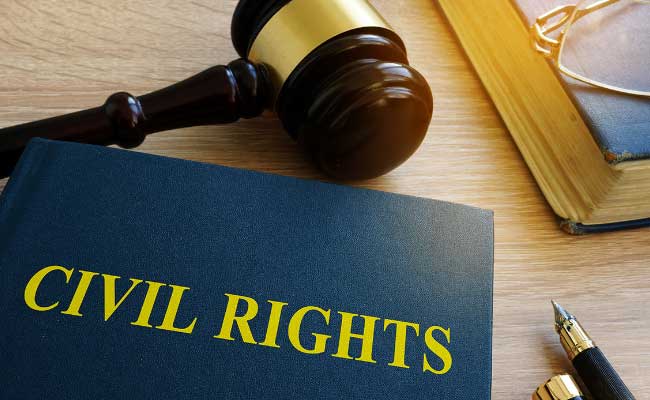The safety and well-being of children are of paramount importance in any society. Among the various threats faced by children, sexual offences represent one of the gravest dangers, often leaving long-lasting physical and psychological scars. To address this, India introduced the Protection of Children from Sexual Offences (POCSO) Act, 2012, a comprehensive legal framework designed to safeguard children against sexual abuse and exploitation.
Understanding the POCSO Act
The POCSO Act, 2012 was enacted to provide a robust legal structure for the protection of children under the age of 18 years. It recognizes different forms of sexual abuse, including penetrative and non-penetrative assault, sexual harassment, and the use of children for pornographic purposes. One of the most significant aspects of the Act is that it is gender-neutral, protecting both boys and girls from such crimes.
Key highlights of the Act include:
- Special Courts for speedy trial of offences.
- Child-friendly procedures for reporting, recording evidence, and trial.
- Mandatory reporting of cases by any person aware of such offences.
- Severe punishments proportionate to the seriousness of the crime, including life imprisonment and, in extreme cases, the death penalty.
Why the Act is Important
Among the most at-risk members of society are children. Sexual abuse not only violates their basic human rights but also impacts their emotional and psychological development. The POCSO Act ensures:
- A safe environment for children by criminalizing various forms of abuse.
- Accountability of perpetrators, with stringent punishments to deter such crimes.
- Support for victims, by providing counselling, rehabilitation, and protection during judicial proceedings.
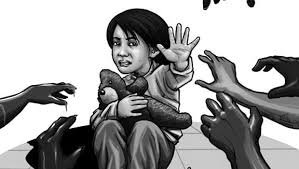
Challenges in Implementation
While the POCSO Act is a landmark step, challenges remain in its effective enforcement:
- Underreporting of cases due to fear, stigma, or lack of awareness.
- Delays in trials, despite the provision for speedy courts.
- Need for sensitization among police, judiciary, teachers, and parents to handle cases with empathy and child-centric approaches.
- Digital exploitation through online platforms, which requires stronger cyber laws and awareness.
Role of Society and Parents
The responsibility of protecting children cannot rest solely on the law. Parents, schools, and communities play an essential role. Creating awareness about good and bad touch, encouraging open communication, and fostering an environment where children feel safe to speak out are crucial steps. Additionally, society must break the silence and stigma around such issues to ensure every child grows in a secure environment.
The Protection of Children from Sexual Offences Act is a vital tool in safeguarding children’s rights and dignity. However, the effectiveness of the law depends on awareness, timely reporting, and collective responsibility. Protecting children from sexual offences is not just a legal obligation but a moral duty of every citizen. A society that prioritizes the safety of its children ensures a brighter, healthier, and more just future.
Multi Level Money Marketing Legal in India
Different Types of Cyber Crimes for Awareness
![]()

